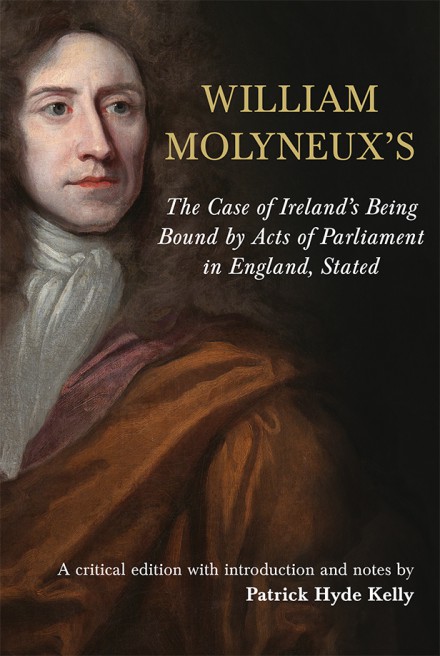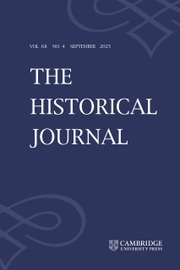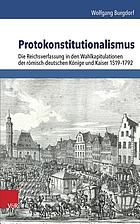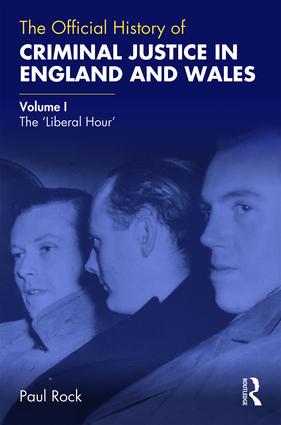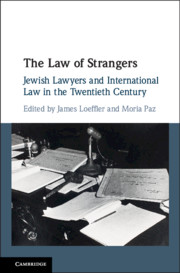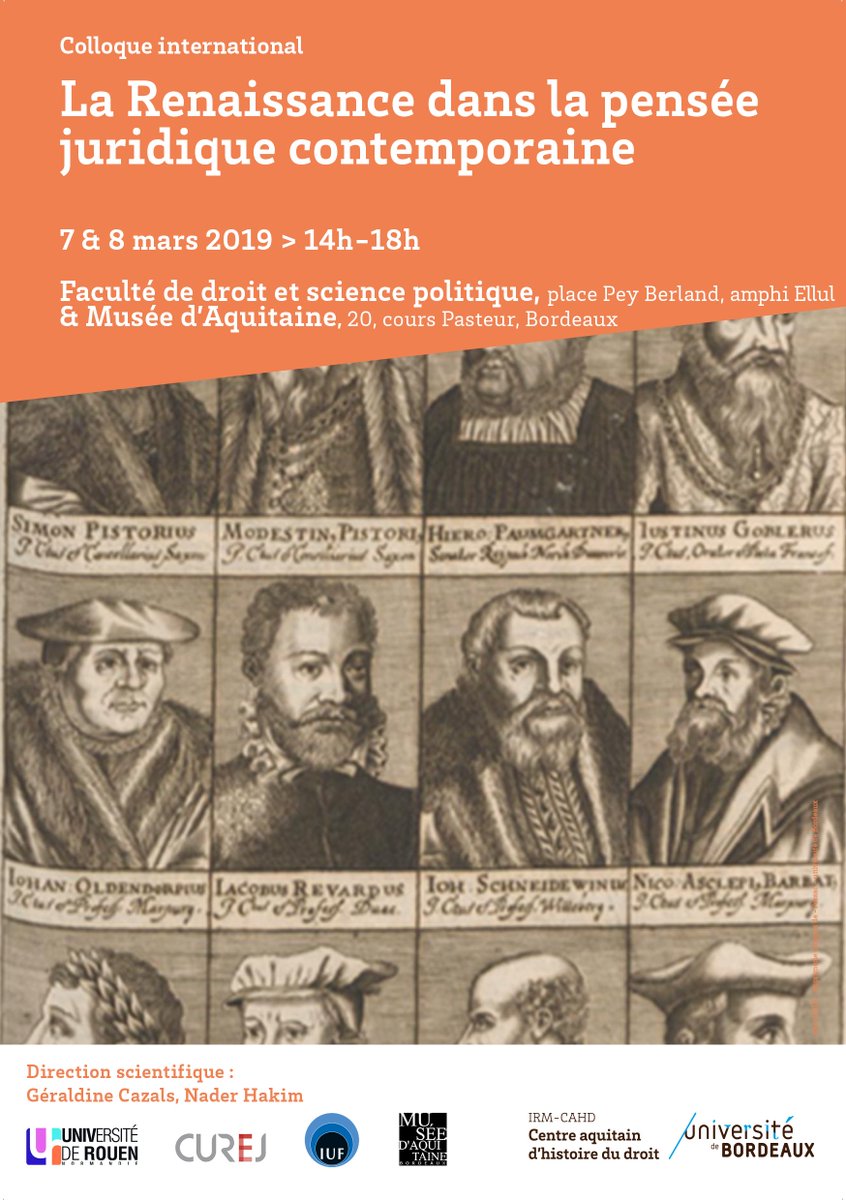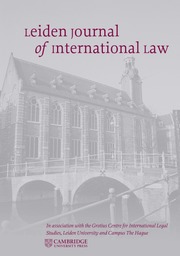We learned
of a Call for Papers for the 9th International Lectio Conference. Here the
call:
CALL FOR
PAPERS 9th International Lectio Conference True Warriors? Negotiating
Dissent in the Intellectual Debate (c. 1100-1700)
SUBMISSION
DEADLINE: 15 APRIL 2019
Dissent, polemics and rivalry have always been
at the center of intellectual development. The scholarly Streitkultur was
given a fresh impetus by the newly founded universities in the High Middle Ages
and later turned into a quintessential part of early modern intellectual life.
It was not only mirrored in various well-known intellectual debates and
controversies – e.g. between Aristotelians and Augustinians,
scholastics and humanists, Catholics and Protestants – but also embodied in
numerous literary genres and non-literary modes of expression –
e.g. disputationes, invectives, consilia, images,
carnivalesque parades, music, etc. – and discursive or political
strategies – patronage, networks and alliances. Moreover, the harsh
debates notwithstanding, consensus was also actively searched
for, both within particular disciplines and within society as a whole.
The aforementioned genres and strategies are
all modes of negotiating dissent, which raises several important questions
regarding these intellectual ‘warriors’. What were the most important issues at
stake and how were they debated? Did the debates in the public sphere reflect
the private opinions of the scholars involved? What access do we have to those
private opinions? Can we approach such controversies in terms of authenticity
and truthfulness, or consistency and coherence? Is there a contrast between
ego-documents and the published part of an author’s oeuvre?
Starting from these questions, the aim of this
conference is to study the polemical strategies and the modes of
rivalry and alliance in scholarly debate from the twelfth through the
seventeenth centuries.
Topics of interest may include, but are not limited to:
- the
role of alliances and polemics in establishing intellectual networks;
- the
presentation of rivaling views and the depiction of adversaries;
- the
discrepancy or congruency between private and public persona;
- hitherto
neglected disputes or new perspectives on well-known controversies;
- non-literary
modes of negotiating dissent;
- the
relation and connections between various literary and non-literary genres,
also across different semiotic modes (literature, visual arts,
performative arts, ...);
- the
role of socio-cultural and economic background in polemics;
- the
role of language (e.g.: vernacular vs. Latin);
- similarities
and differences across disciplines (philosophy, civil and canon law,
theology, medicine...) with regard to polemization and the negotiation of
dissent.
We actively invite papers from a variety of
perspectives and disciplines (civil and canon law, philosophy, theology and
religious studies, literary studies, historiography, art history, etc.) and aim
to study texts in Latin, Greek and the vernacular, as well as pictorial and
performative traditions. We do not only welcome specific case studies, but also
(strongly) encourage broader (meta)perspectives, e.g.of a diachronic or
transdisciplinary nature. The conference will span the period from the twelfth
until the seventeenth centuries.
The conference will be organized by the Leuven
Centre for the Study of the Transmission of Texts and Ideas in Antiquity, the
Middle Ages and the Renaissance (LECTIO). It follows upon last year’s
conference on polemics, rivalry and networking in Greco-Roman Antiquity.
Confirmed keynote speakers:
- Laura Beck
Varela (Universidad Autónoma de Madrid)
- Leen Spruit
(Radboud Universiteit – Nijmegen)
- Anita
Traninger (Freie Universität – Berlin)
We invite submissions for paper proposals in
English, French, German and Italian. Proposals should consist of a
(provisional) title, an abstract of 300-400 words, and information
concerning the applicant’s name, current position, academic affiliation,
contact details and (if applicable) related publications on the topic.
Applicants who intend to speak in French, German or Italian, are expected to
include an English abstract as well. Accepted papers will be awarded a 30
minutes slot (20 minutes presentation, 10 minutes for discussion).
Please submit your proposal via email by April 15, 2019.
Applicants will be notified by email within 5 weeks from this date.
Successful applicants are expected to submit
their paper for inclusion in a thematic volume to be published
in the LECTIO series (Brepols Publishers). All submitted papers will be subject
to a process of blind peer-review.
Conference dates: 11-13 December 2019
Organizing committee: Guy Claessens, Wim
Decock, Jeroen De Keyser, Fabio Della Schiava, Wouter Druwé, Wim
François, Erika Gielen



